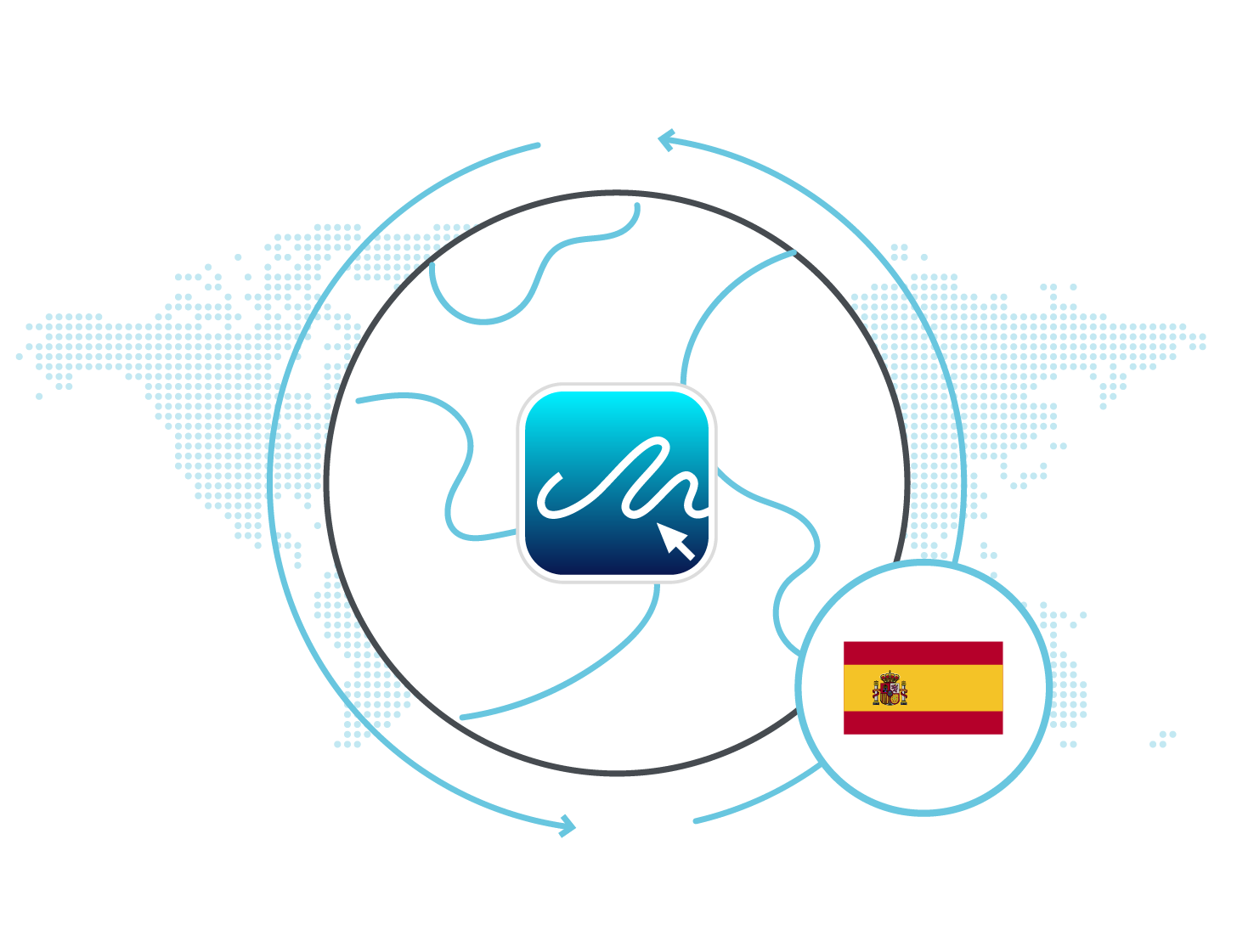The Legality of eSignatures in Spain
Explore the legality of electronic signatures in Spain and the laws and regulations that govern their use.

Trusted By
Are eSignatures Legally Binding in Spain?
Documents that can be signed electronically
Generally, any type of electronic signature can be used to sign valid contracts. Documents don’t need a handwritten signature to be perceived as credible. Spanish law does not specify that any transactions require an advanced or qualified signature. Practically, it is acceptable to use any form of e-signature for private documents. However, there can be certain instances where a specific type of signature is required.
Documents that may not be electronically signed
Whilst electronic signatures are widely accepted in Spain, transactions that involve the Spanish authorities such as government filings, are likely to need extra guarantees and therefore may require a qualified electronic signature.
Types of e-signature permitted in Spain
The eIDAS regulation defines an electronic signature as data in electronic form which is attached or logically associated with other data in electronic form and which is used by the signatory to sign. It distinguishes between three types of e-signature, simple, advanced, and qualified.
- Simple – the most basic form of e-signature that can be in the form of typing your name at the bottom of an email or checking an approval box. There are no specific security or identity verification requirements for a simple e-signature.
- Advanced – this type of signature is uniquely linked to the signer, can accurately identify the signer, is created using data that the signer can be confident is under their sole control and is linked to the data in a way that detects any subsequent changes that are made. Advanced electronic signatures are more secure than simple signatures and are legally binding in most use cases.
- Qualified – this type of signature is similar to advanced but has additional requirements providers must adhere to. They must be certified based on public keys that have been issued using proper technological means. This means that the identity verification process is multi-step, using both encrypted keys and two-factor authentication.
Spanish law does not have a separate definition for electronic signatures outside of the one established by eIDAS.
Notable legality changes since 2020
None. Spain continues to adhere to the e-signature definitions and rules introduced by the EU eIDAS regulation.
Publicly Accessible Links to Laws/Regulations Discussed
- Spanish Electronic Commerce Act 34/2002
- Regulation (EU) No 910/2014 of the European Parliament and of the Council of 23 July 2014 on electronic identification and trust services for electronic transactions in the internal market and repealing Directive 1999/93/EC
Disclaimer
The content provided on this website is meant for general informational use only and does not constitute legal advice. Legal regulations on this topic can evolve rapidly, so E-Sign does not ensure that the information presented here is always up-to-date or accurate. If you have particular legal concerns regarding any details on this site, it is recommended that you consult with a licensed attorney in your jurisdiction.
Last Updated 9th October 2024




























